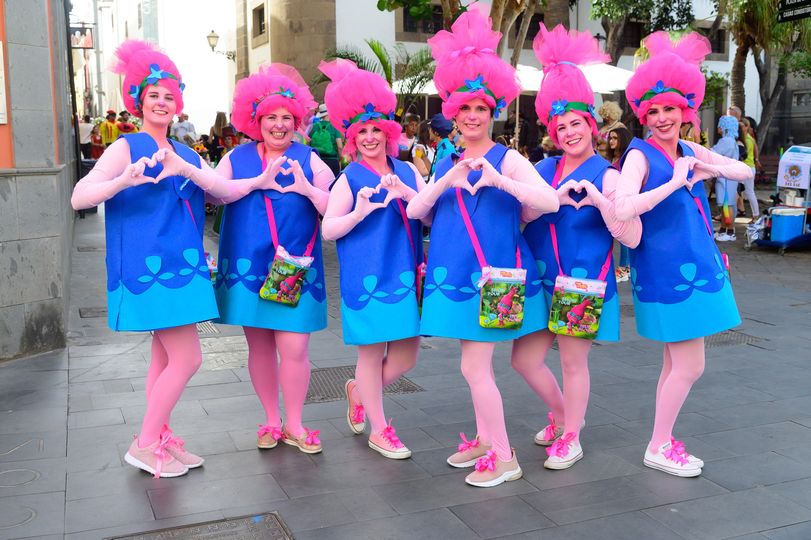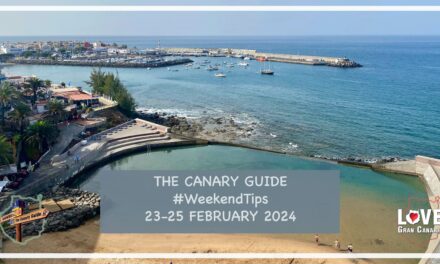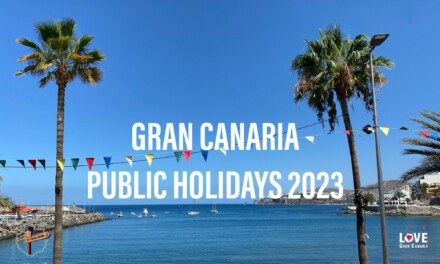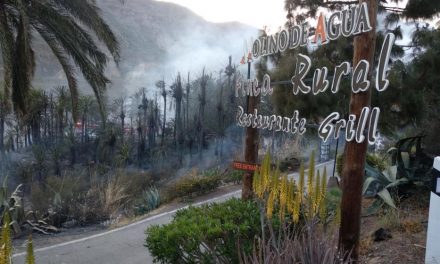The Carnival of Las Palmas de Gran Canaria have suspended the official celebration of the festival program until 2022. This was communicated by the councillor Inmaculada Medina to the different representatives of the groups involved, after having spoken with each sector throughout the summer.
“The uncertainty generated by the evolution of the pandemic is incompatible with the forecast and previous work required for an event of the magnitude of Carnival,” explained Medina, who pointed out that it will not generate false expectations in the face of an uncertain reality. To the difficulties that groups and collectives are facing due to not being able to meet or find sponsorships are added various inconveniences derived from general concern and measures taken to stop the advance of the social health crisis, making it impossible to allow sufficient margins of time to gain the necessary permits that guarantee the holding of events.
Without losing sight of the fact that the Carnival of Las Palmas de Gran Canaria is a fundamental part of the identity of the the island capital, a socio-cultural phenomenon, an outstanding tourist attraction and an economic engine in its own right, the councillor announced that although there is no Carnival, from now on the the work team will focus on the design of a series of events that, as long as the evolution of the pandemic allows, will keep the essence of the party alive throughout 2021, and will create opportunities for Carnival agents.














Hello. Do you know the dates of the carnival in 2022?
Thanks, Tony
Not yet Tony. Usually announced around Summertime, with the last weekend of Las Palmas Carnival usually following Shrove Tuesday and Ash Wednesday. And the first weekend of Maspalomas Carnival following that.